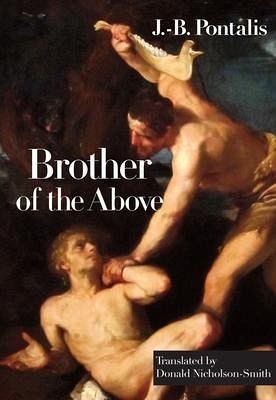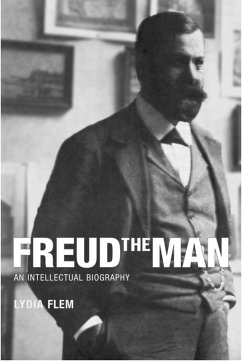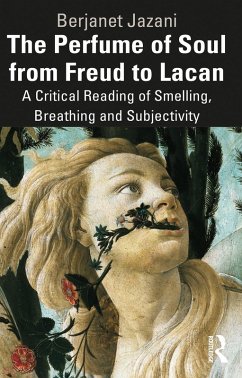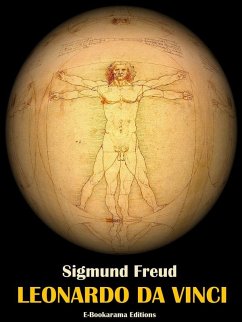
Brother of the Above (eBook, ePUB)

PAYBACK Punkte
4 °P sammeln!
After 1980, J.-B. Pontalis published literary works, and often with autobiographical resonances. Brother of the Above is no exception for a clear subtext from the author is "self-analysis." Biographical dictionaries often described the most important as "brother of the above." In this exploration of brothers in life and literature, renowned or anonymous, Pontalis embarks his elder brother. Ever since Cain and Abel, jealousy and murderous rivalry between brothers have wreaked havoc. Pontalis' book asks if the destructive force of this relationship inevitably overwhelms the hope for human surviv...
After 1980, J.-B. Pontalis published literary works, and often with autobiographical resonances. Brother of the Above is no exception for a clear subtext from the author is "self-analysis." Biographical dictionaries often described the most important as "brother of the above." In this exploration of brothers in life and literature, renowned or anonymous, Pontalis embarks his elder brother. Ever since Cain and Abel, jealousy and murderous rivalry between brothers have wreaked havoc. Pontalis' book asks if the destructive force of this relationship inevitably overwhelms the hope for human survival, embodied in the usual meaning of "fraternity". From Van Gogh to Flaubert, from Goncourt to Champollion, from Robert Louis Stevenson to Marcel Proust, Pontalis passes a host of brothers in review in search of an answer, and in search, too, of deliverance from his own brother's shadow.
Dieser Download kann aus rechtlichen Gründen nur mit Rechnungsadresse in A, D ausgeliefert werden.













